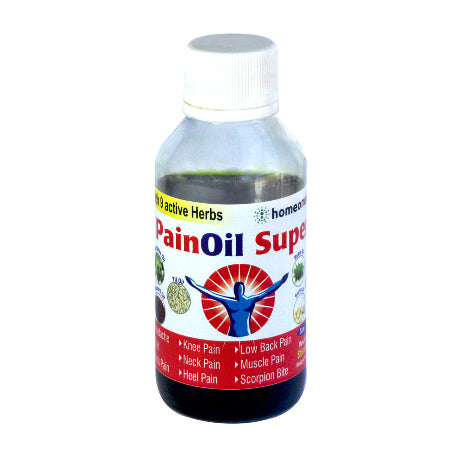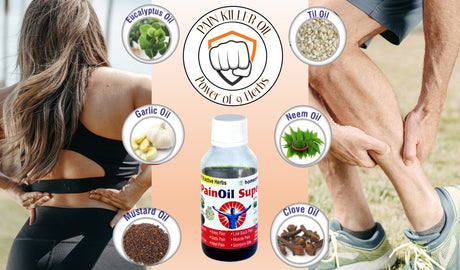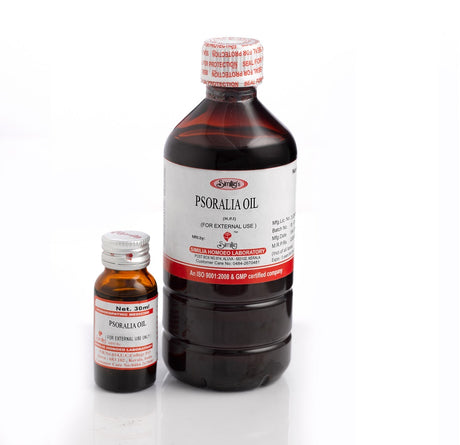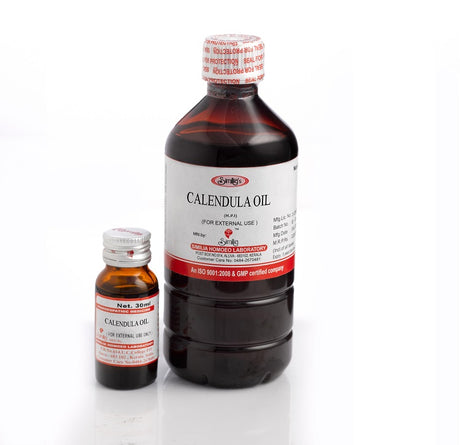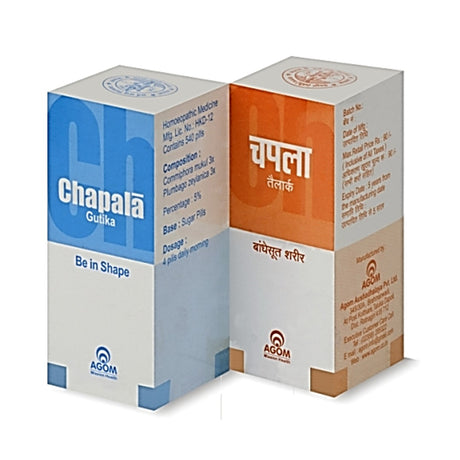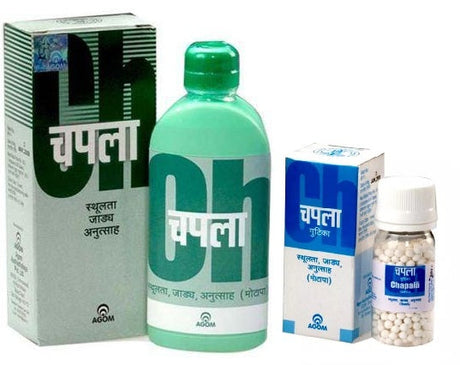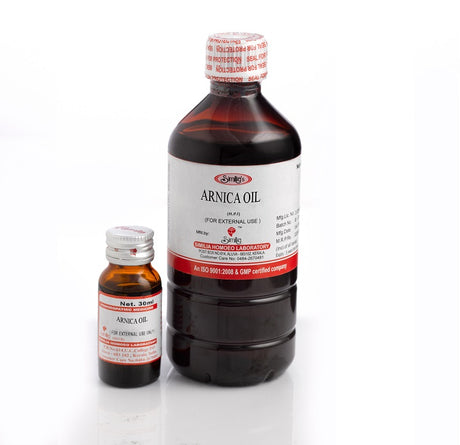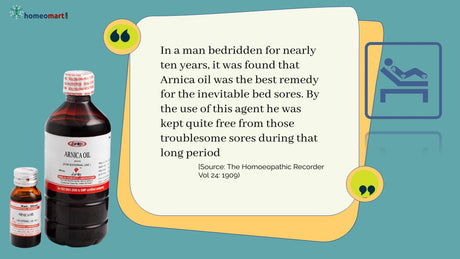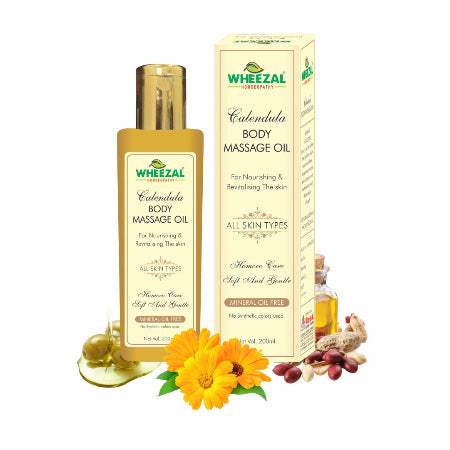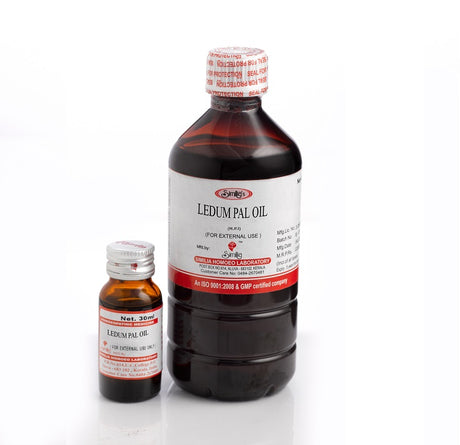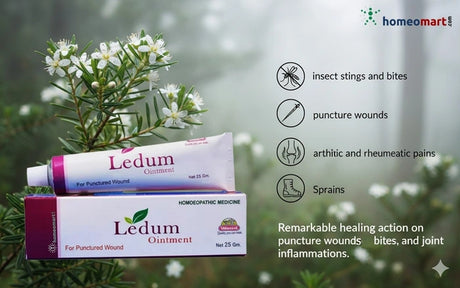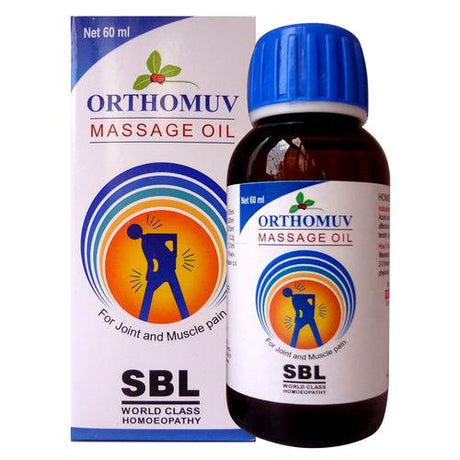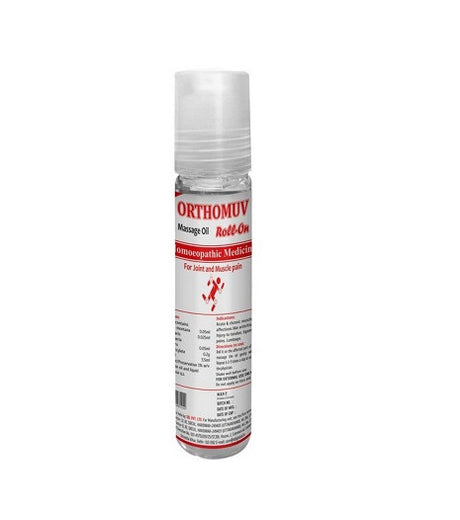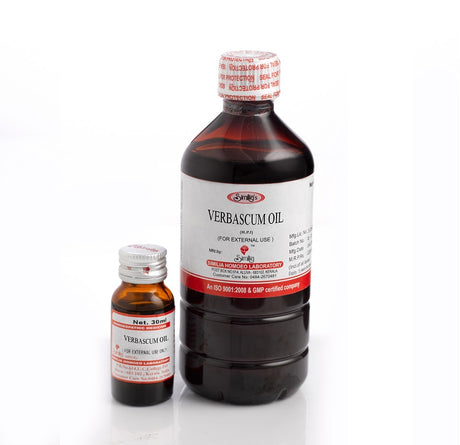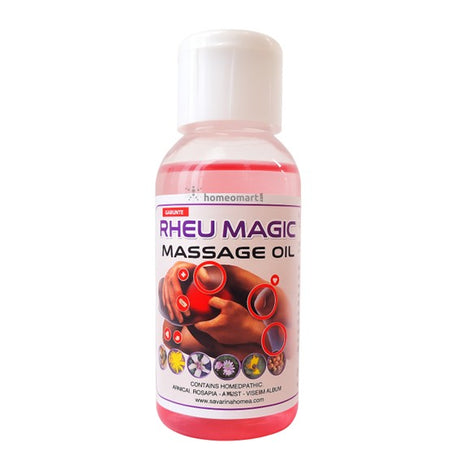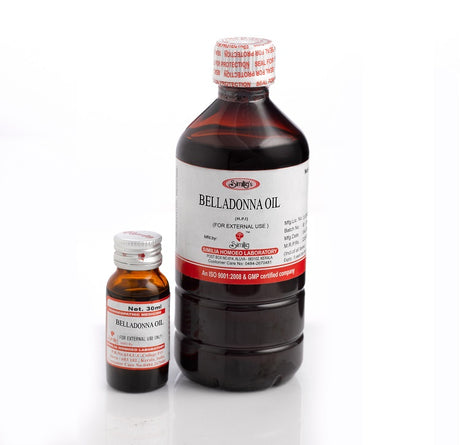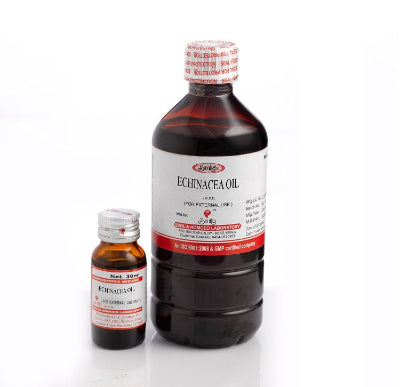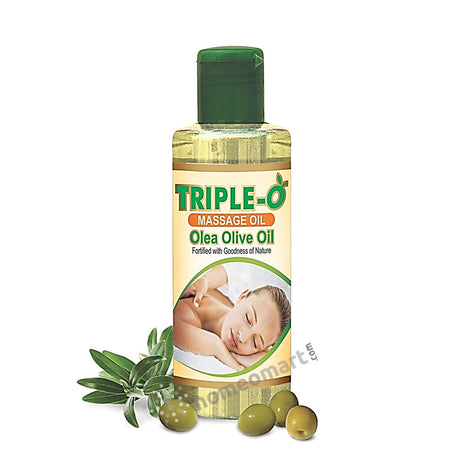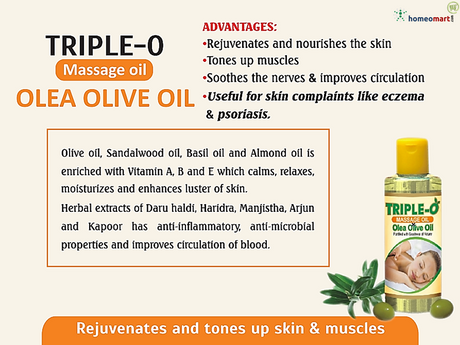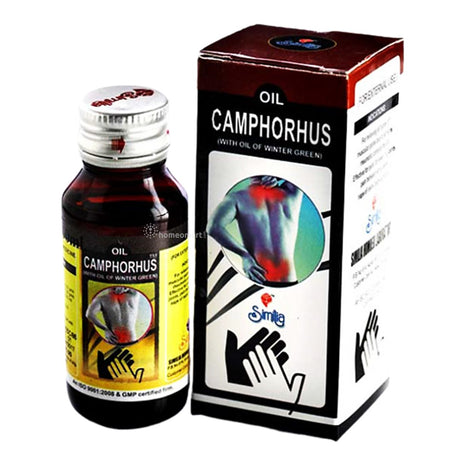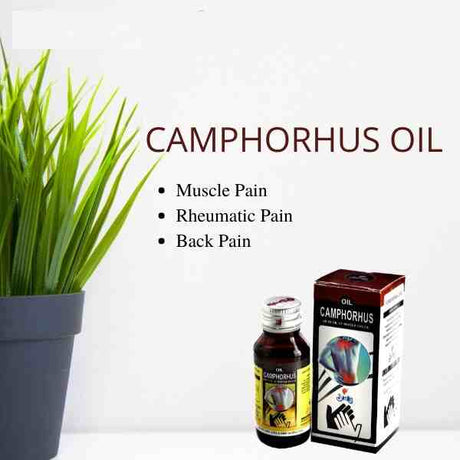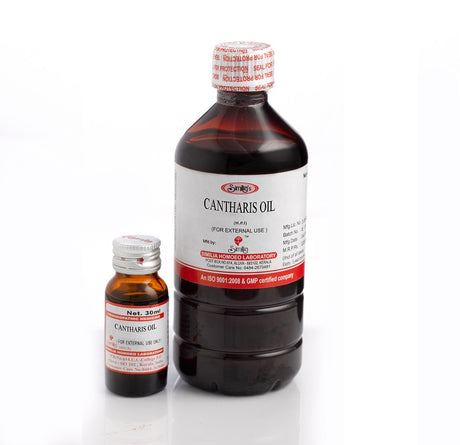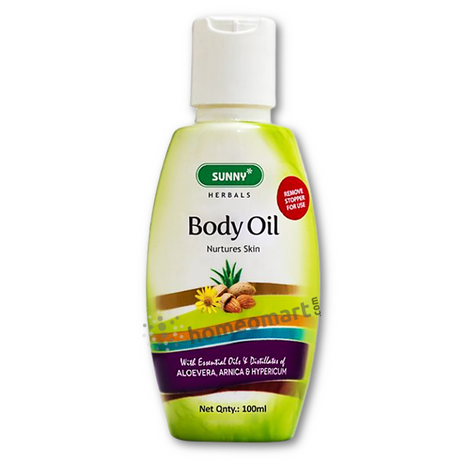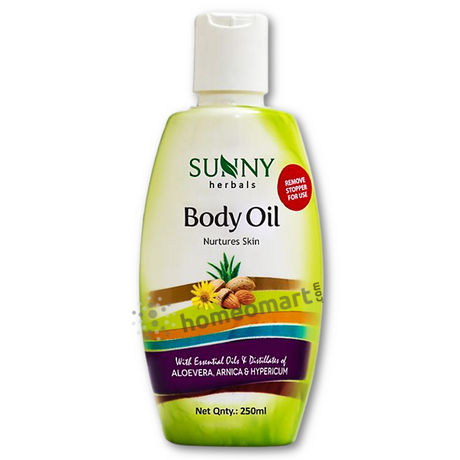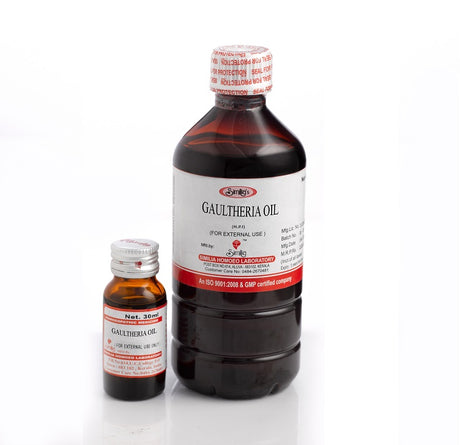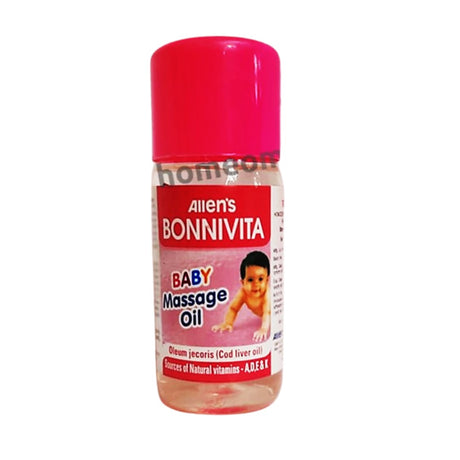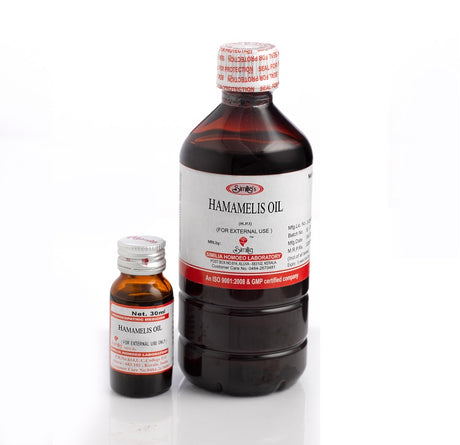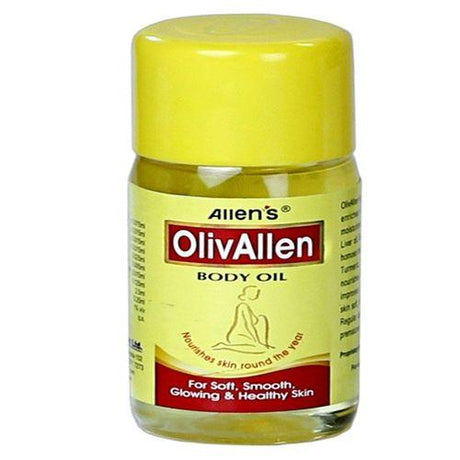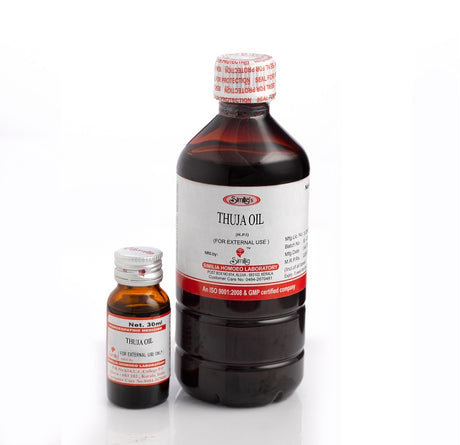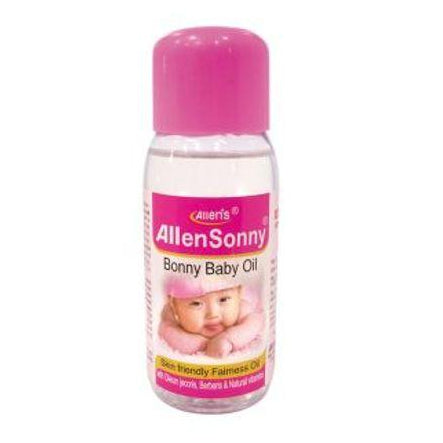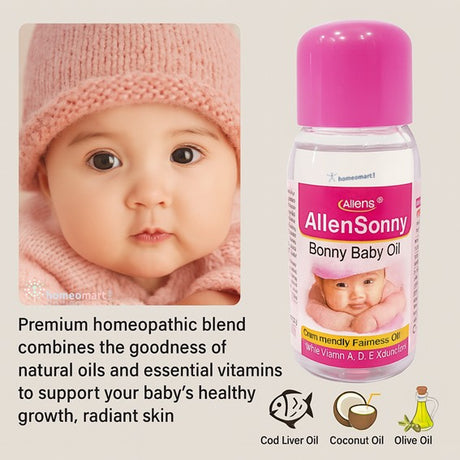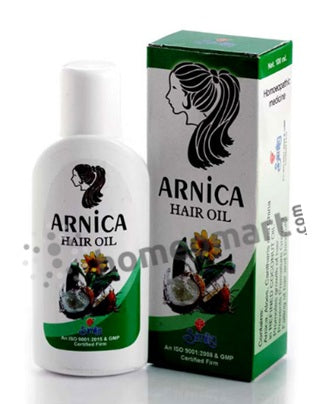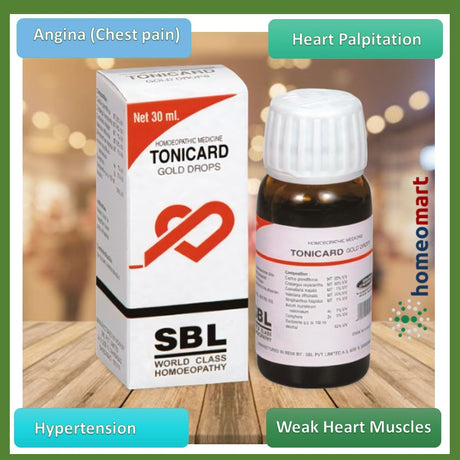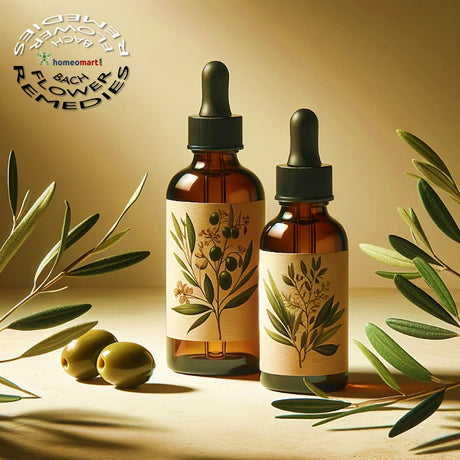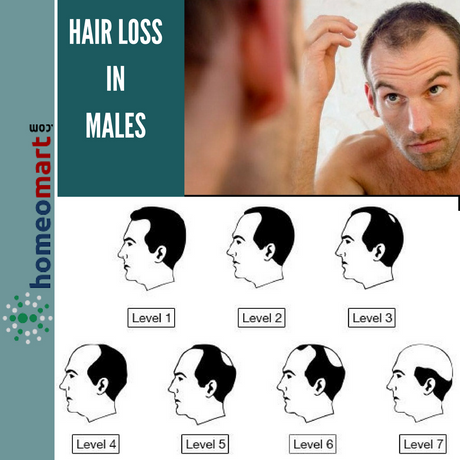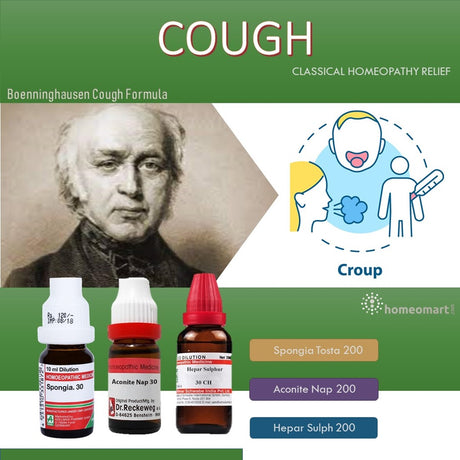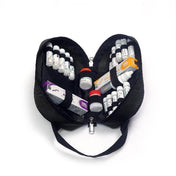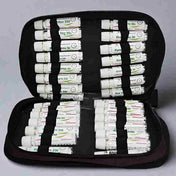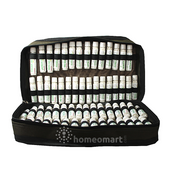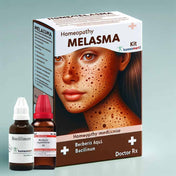Pain Oil Super - 100% Natural Pain Relief Oil with 9 Powerful Herbs
0.15 kg
Rs. 200.00Unit price /UnavailableHomeopathy Psoralea Cor Oil (Babchi) - Natural Solution for Skin Vitality
From Rs. 65.00Unit price /UnavailableSimilia Calendula Oil for Wounds, Burns Ulcers, Injuries
0.08 kg
Rs. 54.00Rs. 60.00Unit price /UnavailableAgom Chapala Tailark and Gutika for Holistic Weight Management
From Rs. 110.00Unit price /UnavailableSimilia Homeopathy Arnica Oil - Natural Remedy for Pain and Inflammation
80 g
Rs. 80.00Unit price /UnavailableWheezal Calendula Body Massage Oil - Natural Skin Care
From Rs. 124.00Rs. 130.00Unit price /UnavailableSimilia Ledum Pal Oil - Homeopathic Remedy for Wounds & Insect Bites
80 g
Rs. 48.00Rs. 55.00Unit price /UnavailableSBL Orthomuv Massage Oil, RollOn Joint & Muscle Pain, 15% Off
From Rs. 35.00Unit price /UnavailableSimilia Verbascum (Mullein) oil for ear aches, wax deposits & itching
80 g
Rs. 66.00Rs. 70.00Unit price /UnavailableSimilia Rhus Tox Homeopathy Oil - Natural Relief for Joint and Muscle Pain
80 g
Rs. 80.00Unit price /UnavailableSavi Rheu Magic Massage Oil - Natural Relief for Muscular and Joint Pain
0.1 kg
Rs. 180.00Rs. 188.00Unit price /UnavailableSimilia Belladonna Oil - Natural Remedy for Skin Infections and Inflammations
80 g
Rs. 55.00Rs. 60.00Unit price /UnavailableSimilia Echinacea Oil – Natural Antiseptic for Wounds, Boils, and Skin Irritations
80 g
Rs. 80.00Unit price /UnavailableSBL Triple O Body Massage Oil - Revitalize and Nourish Your Skin
From Rs. 75.00Rs. 90.00Unit price /UnavailableSimilia Camphorhus Oil - Natural Relief for Joint and Muscle Pain
0.08 kg
From Rs. 79.00Rs. 85.00Unit price /UnavailableSimilia Cantharis Oil for burns scars skin eruptions
80 g
Rs. 50.00Rs. 55.00Unit price /UnavailableBaksons Sunny Herbals Body Oil - Nourish and Revitalize Your Skin
0.3 kg
From Rs. 117.00Rs. 130.00Unit price /UnavailableSimilia Gaultheria Oil for rheumatism, neuralgia, sciatica
0.08 kg
Rs. 45.00Rs. 55.00Unit price /UnavailableBonnivita Homeopathy Baby Massage Oil: Natural Vitamins for Healthy Growth
0.1 kg
Rs. 80.00Unit price /UnavailableSimilia Hamamelis Oil – Relief for Piles, Fissures & Varicose Veins
80 g
Rs. 45.00Rs. 50.00Unit price /UnavailableOlivAllen Body Oil: Revitalize Your Skin with Nature's Essence
0.35 kg
Rs. 72.00Rs. 80.00Unit price /UnavailableSimilia Thuja Occ Oil for Warts, Polyps, Carbuncles
80 g
Rs. 48.00Rs. 55.00Unit price /UnavailableAllen Sonny Bonny Baby Oil – Gentle Homeopathic Care for Baby’s Skin & Growth
0.2 kg
Rs. 81.00Rs. 90.00Unit price /UnavailableSimilia Arnica Hair Oil | Anti-Dandruff & Hair Fall Remedy
240 g
Rs. 180.00Rs. 190.00Unit price /Unavailable

